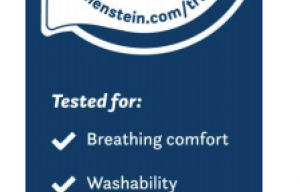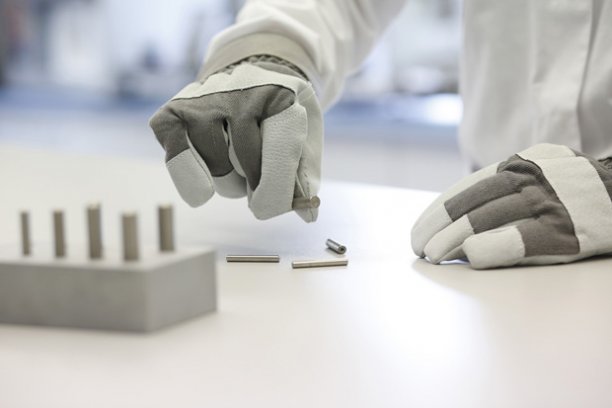
Not all masks are created equal says Hohenstein
Germany’s Hohenstein Institute is now offering testing and certification of protective/safety gloves in accordance with a number of industry standards.

21st December 2012
Innovation in Textiles
|
Bönnigheim
Germany’s Hohenstein Institute is now offering testing and certification of protective/safety gloves in accordance with a number of industry standards.
“For work in cold stores, on steel works, a building site or in a laboratory, people depend on perfectly fitting gloves. They protect people's hands, their most important tools, from dangers in their daily working life. Therefore we can now offer testing and certification of gloves in accordance with industry standards,” the Hohenstein Institute says.
Testing is now available for the following standards:
“For the best possible protection protective gloves are often made with several layers of different materials. Both ready-made gloves and additional material samples are used as text objects depending on what is prescribed in the individual test process. The certification is carried out in the same way as for other textile PPE in accordance with the European Directive 89/686/EEC,” the Hohenstein says.

To complement its new range of tests, the Hohenstein Institute is currently compiling a database of hand dimensions where state-of-the-art 3D scanner technology is being used to compile precise and validated data such as the ratio of hand circumference to finger length, finger circumferences and even three-dimensional shape information. The ensuing virtual 3Dmodels are used by glove manufacturers to create customised ergonomic adaptations.
Susanne Vieth
Email: [email protected]

Business intelligence for the fibre, textiles and apparel industries: technologies, innovations, markets, investments, trade policy, sourcing, strategy...
Find out more